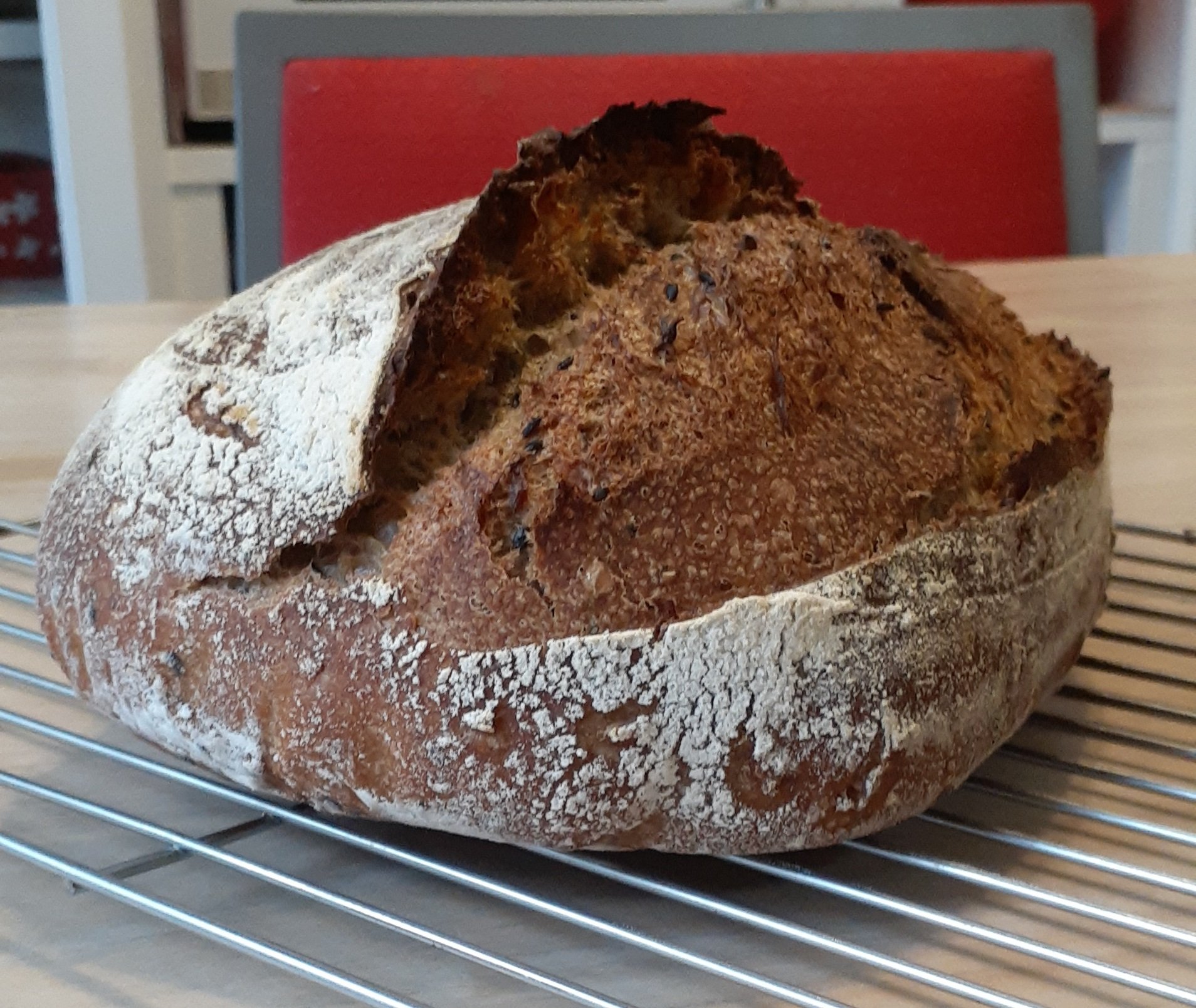One of the biggest overlooks when it comes to cooking dinners or any involved meal with multiple ingredients is accounting for the calories each ingredient will take. Let’s say you’re cooking pasta and you want to include the sauce, some seasonings, some things to mix with the pasta .etc
You’re done but you won’t know what each bowl of that finished pasta will be like per serving. That’s why you have to take into account, all of the calories of the ingredients. That tablespoon of vegetable oil you use, that’s 100 calories. The sauce you’re gonna use, that’s probably another 100. The pasta, 140 probably. It doesn’t work as if the calories are going to vanish by the time you’re finished cooking said meal. Each bowl you could have, could amount to over 500 at most, but you may not know it and it’s easy to overlook.
That’s why also, it looks like people pack on weight so easily when they’re down to just dinner meals to eat. They pile up fast.
I think most people who are counting calories are already doing this. I can’t image being in the state of counting calories and not looking at the containers to count the calories while cooking with ingredients.
I think this is geared towards folks who are convinced counting calories doesnt work. That they are gaining weight even though they “only has 1k calories per day”.
Come on, everyone knows calories dont count when
- they’re liquid
- you’re standing
- they come from someone else’s plate
deleted by creator
It’s actually a common problem that people go “Oh, I had some pasta, that’s 200 calories” but not paying attention to the 600 calories of sauce slathered all over it.
Same with salad. People go “Oh, I’ve got salad, 50 calories” but then the dressing is several hundred calories.
Just don’t use salad dressings. I personally always found them gross.
Removed by mod
It might not sound like a common problem among all the people saying “It’s not a problem for me!”, but it’s one of the big reasons that people’s calorie counting fails is people are blind to the calories added by things other than the main dish itself.
It’s well-established that underreporting of calories is a major issue in trying to help people lose weight: https://link.springer.com/article/10.1007/s12170-020-00652-6
I checked the study (no, I did not pay 40€, I went to my friend Scius Hubius who already bought it)
underreporting can be either intentional or unintentional (food being eaten but genuinely forgotten). Intentional underreporting includes both food being eaten but deliberately not reported and food consumption being reduced, often to make reporting easier
I didn’t read through the whole study but only skimmed it, everything I saw there is people intentionally undereporting, changing patterns to make reporting easier, or forgetting what they ate. Nowhere did I see a mention of “people being really dumb and thinking only part of what they eat is calories and the other part isn’t.”
So if that’s in there somewhere, I’d really appreciate a citation. I have a very low opinion of humanity, feel free to lower it.
I honestly can‘t believe that anyone doesn‘t do this. How else would you count calories?
Wait, do people who are counting calories cook, for instance, spaghetti with meat sauce, cheese, and meatballs and only count the calories in the spaghetti? That’s got to be kindof a denial and/or self-deception kind of phenomenon rather than legitimately thinking that the calories in, say, sauce are negligible or “cook off” somehow, right?
If you’re cooking, the strategy that has worked best for me is to measure all calories that go into the product, then divide it by the amount of servings you plan to consume. So if I make spaghetti and I plan on getting 6 meals from a batch, I’ll divide the total calories by 6. As long as you’re paying attention and accurately measuring out ingredients, it’s going to be pretty close.
This, idk this stuff seems like a no brainer to me but maybe someone else will be saved some confusion and frustration
I watched a meal prep vid one time and they used that logic which made perfect sense. Add it all up the macros, portion it out equally and divide by portion.
Thats what I do also.
But with pasta I always make 1,5 dl per serving. Thats about 60 g dry or 150 g cooked and amounts to 220 kcal. To me thats the perfect amount of pasta. I weight less and my pasta boxes last much longer since I started measuring pasta.
Some diet tracking apps let you do just that, you can create recipes and then add a serving from that recipe. I know I did that with Cronometer for a while. It’s free too, and has a good amount of information.
Why should I know the amount of calories it has?







